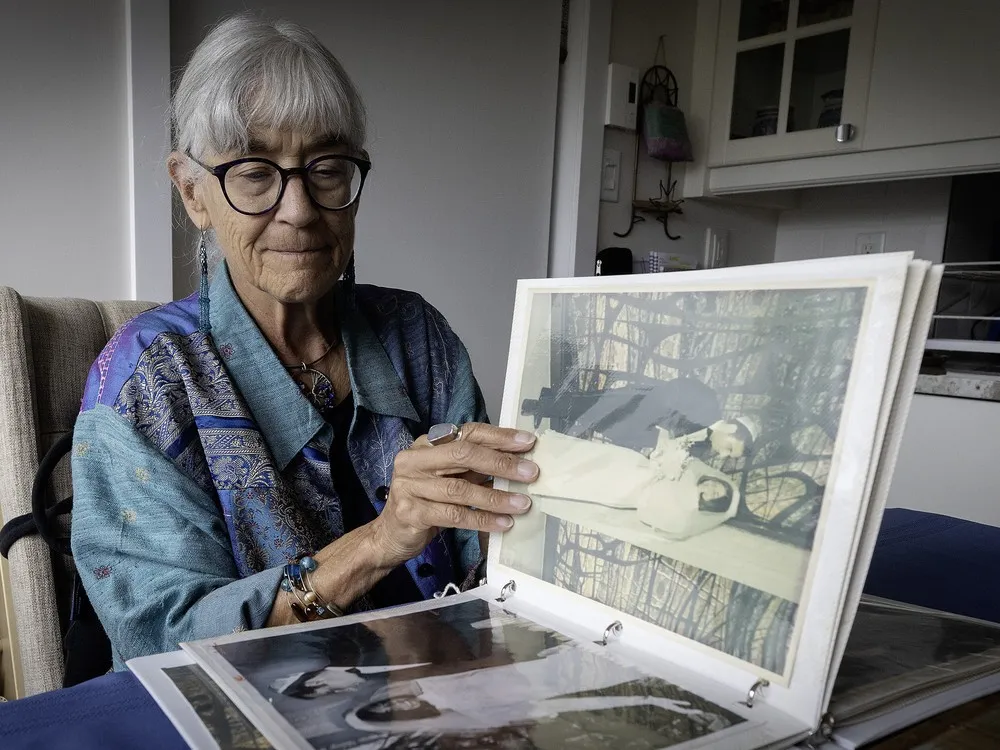Copyright montrealgazette

The average wait time for a dementia diagnosis in Canada is among the longest in G7 member countries, according to Mind the Gap: Closing the Care Divide for Canadians with Dementia, released in July. National averages from onset of symptoms to formal diagnosis range from 21 to 28 months. Average wait time for a diagnosis of cancer or heart disease, on the other hand, is measured in days. And unlike those conditions, no clear pathways are available for people living with dementia or their families to get the care and support services they need. More than 770,000 Canadians have some form of dementia — a figure expected to have risen to nearly a million five years from now. Waiting lists for public long-term care are long and getting longer. Estimates for high-income countries like Canada suggest that half of all people with dementia receive neither a diagnosis nor appropriate support and benefits. Under-diagnosis is especially prevalent among certain groups, including racialized communities and Indigenous peoples. And a recent study by McGill University researchers found pervasive differences in the dementia care received by Quebecers in affluent and poorer neighbourhoods. Research on risk factors related to dementia has advanced significantly. Some of these factors, such as aging or genetics, cannot be changed but a number of lifestyle factors which increase dementia risk are potentially modifiable: later-in-life hearing loss, smoking, high blood pressure, obesity, physical inactivity and social isolation are among them. The 2024 Lancet Standing Commission report on dementia prevention identifies 14 risk factors it says account for about 45 per cent of dementia cases. Finding follow-up care is often a struggle because comparatively few physicians have experience treating people with dementia. A dementia diagnosis is often made by a family doctor, yet just 41 per cent of Canadian family doctors report feeling well-prepared to manage dementia in the community. In Norway, the figure is 69 per cent; in the U.K., 63 per cent. About one-third of Canadians receive a dementia diagnosis in hospital, usually after a crisis has led to an ER visit or admission. “Hospital environments are very confusing and stressful for someone with dementia, exacerbating disorientation and often leading to longer hospital stays and worse health outcomes in the long run,” the Brainwell report states. In Canada, 61 per cent of people with dementia remain at home. Yet just 43 per cent receive a home care assessment within six months of diagnosis — and, of these, only 58 per cent eventually receive community and home care services. Forty-three per cent later move into long-term care, often because they didn’t get enough support at home.



